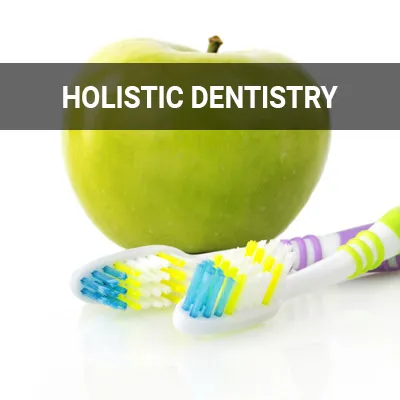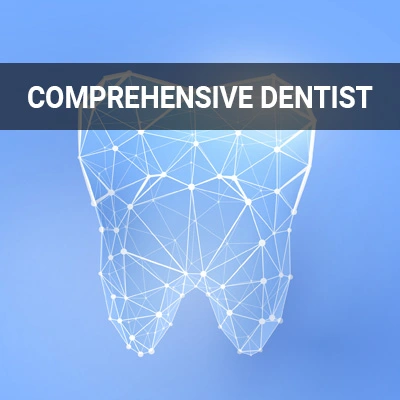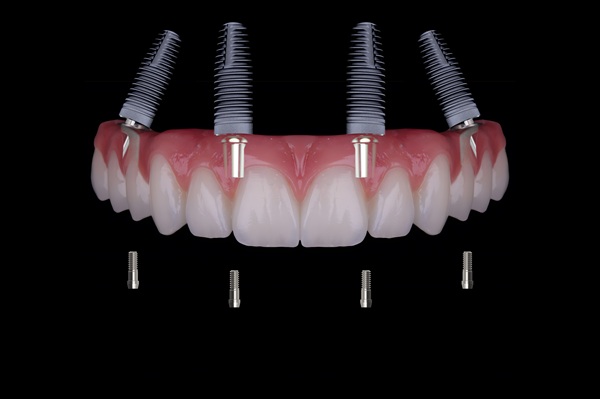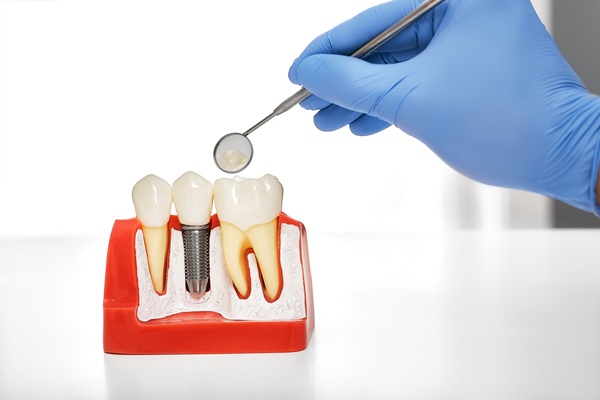Preventative Treatment of Heart Problems Through Improving Oral Health New York, NY
Many people do not realize that heart problems and dental issues are linked together as part of the oral health connection. In reality, all body systems are interconnected, meaning what happens in one often reflects (or affects) the other. As a result, preventing heart problems may start with improving oral health.
A total oral health doctor can help you better understand the oral health connection and treat your unique and individual needs. At M.Y. Dental Spa, we can help you prevent heart problems through improving your oral health. We are proud to serve New York and the surrounding area. Call us today at (212) 786-5757 to schedule an appointment or to learn more about our services.
Blood Pressure Screening During a Wellness Visit
Patients can have a blood pressure screening during a wellness visit with a complete health dentist. These routine dental appointments offer patients the ability to check their blood pressure about every six months. This screening establishes the patient's baseline blood pressure and alerts our team of other issues, such as hypertension or high anxiety.
Taking a patient's blood pressure is a crucial part of understanding their overall health. It is a crucial part of complete health dentistry, which focuses on the connection between oral and overall health. This important health check also offers the opportunity to understand overall health changes since many people see their dentist more often than their physician.
“This screening establishes the patient’s baseline blood pressure and alerts our team of other issues, such as hypertension or high anxiety.”
Adjusting Treatment For Patients With Heart Problems
If a patient has heart problems, our team will adjust their treatment plan to keep them safe. For example, patients with hypertension will need dental treatment that does not interfere with antihypertensive medications. We may also reduce or avoid local anesthetic formulations containing substances that cause the blood vessels to constrict.
This precaution will help prevent cardiovascular stimulation, such as increased heart rate or blood pressure. Patients with extremely high blood pressure may need to consult with their primary care physician before seeking dental treatment. Our team tailors each patient's treatment plan to their unique needs.
“Patients with extremely high blood pressure may need to consult with their primary care physician before seeking dental treatment.”
Tell Your Dentist About Heart Problems
Patients should always tell our team about any health concerns, especially if they have a heart problem. Communicating these conditions is a vital part of protecting health. Dental treatment can have a great impact on the heart. For example, routine dental cleanings can cause bleeding in the mouth, allowing bacteria to enter the bloodstream and possibly reach the heart. This issue can be potentially dangerous for patients with heart issues, such as inflamed heart valves or tissues.
People with heart problems should always consult their doctor before seeking dental treatment. They should also let us know about any medications that they are taking for their heart problems. Knowing a patient's health status is a necessary precaution that will help us provide safe and effective dental treatment.
“Patients should always tell our team about any health concerns, especially if they have a heart problem.”
Check out what others are saying about our dental services on Yelp: Preventative Treatment of Heart Problems Through Improving Oral Health in New York, NY
Warning Signs of Heart Problems
Our team will watch for symptoms of heart problems. Inflammation in the gums and loose teeth can be warning signs of heart disease. The bacteria present in patients with gum disease can travel through the bloodstream to the heart and contribute to coronary artery disease. The bacteria may also increase the risk of clot formation or plaque building up in the arteries, interfering with heart blood flow.
Some signs of gum disease that can result in heart issues include:
- Red, swollen, and sore gums
- Gums that bleed easily
- Pus or other signs of infection in the gums and teeth
- Receding gum lines
- Persistent bad breath or taste in the mouth
“Inflammation in the gums and loose teeth can be warning signs of heart disease.”
Questions Answered on This Page
Q. Why should patients have a blood pressure screening during a wellness visit?
Q. How do complete health dentists adjust treatment for patients with heart problems?
Q. Why should patients tell their dentist about their heart problems?
Q. What are some symptoms that are warning signs of health problems?
People Also Ask
Q. What treatment options offered help defer complications?
Q. How does high blood pressure affect dental treatment?
Q. What should a home oral care routine include?
Q. Why is it important to find the right general dentist?
Q. What treatment options offered help defer complications?
What Heart Health and Oral Health Have in Common
Heart health is not only affected by the oral-systemic link. Several different systemic conditions may also affect (and be affected by) a patient's heart health. Some of these conditions are also correlated with oral health. These involve diabetes, malnutrition, and obesity. If severe enough, such conditions may cause arrhythmias, affect the heart's structure, or promote cardiovascular disease or coronary heart disease. All are likely to increase demands on the heart.
Unmanaged diabetes can harm the eyes, nerves, kidneys, heart, teeth, and more. Those with diabetes have an increased risk of periodontitis (also known as gum disease), a condition with well-established links to heart disease. Furthermore, studies show that periodontitis increases the risk of heart disease and can exacerbate existing heart conditions. Malnutrition and obesity can similarly aggravate periodontitis, leading to a domino effect.
Frequently Asked Questions
Q. How is proper oral hygiene critical for heart health?
A. Caring for oral health is a crucial part of maintaining heart health. People should brush their teeth twice each day, floss every day, and have regular dental check-ups. These preventative actions can help people maintain good oral health and positively impact blood pressure and lower the risk of heart problems.
Q. What is normal blood pressure?
A. Blood pressure is the force of the blood pushing against the artery walls. It is measured using the systolic blood pressure when the heart beats, and diastolic blood pressure when the heart is resting. A normal blood pressure reading is lower than 120/80 mmHg.
Q. How often should I have a wellness visit?
A. Typically, people should have a wellness visit about once to twice a year. The optimal appointment frequency will vary for each person. People with more dental issues may have to schedule visits more frequently to maintain their oral health.
Q. What is the difference between a complete health dentist and a regular dentist?
A. Complete health dentists focus on the connection between oral and overall health. We look at the patient's entire body when treating dental problems. This approach differs from regular dentists who only focus on dental health and treating and diagnosing issues related to the teeth, gums, jaws, and areas of the neck and head.
Q. What is high blood pressure?
A. High blood pressure is when the force of the blood flowing through blood vessels is too high. Various factors can contribute to high blood pressure, but one of them is poor oral health. Plaque and harmful bacteria can build up and lead to gum disease which has a connection to raised blood pressure.
Dental Terminology
Call Us Today
A total oral health dentistry doctor can help you maintain both your oral and heart health. We at M.Y. Dental Spa may be able to help. Call us today at 212-786-5757 to schedule an appointment or to learn more about our services.
Helpful Related Links
- American Dental Association (ADA). Glossary of Dental Clinical Terms. 2025
About our business, license, and website security
- M.Y. Dental Spa was established in 2003.
- We accept the following payment methods: American Express, Cash, Check, Discover, MasterCard, and Visa
- We serve patients from the following counties: New York County
- We serve patients from the following cities: New York, Manhattan, Midtown Manhattan, Upper West Side, and Harlem
- NY (License #46258). View License Information and Specifics
- National Provider Identifier Database (1629287347). View NPI Registry Information
- Healthgrades. View Background Information and Reviews
- Norton Safe Web. View Details
- Trend Micro Site Safety Center. View Details
Back to top of Preventative Treatment of Heart Problems Through Improving Oral Health
QR code for Preventative Treatment of Heart Problems Through Improving Oral Health
















